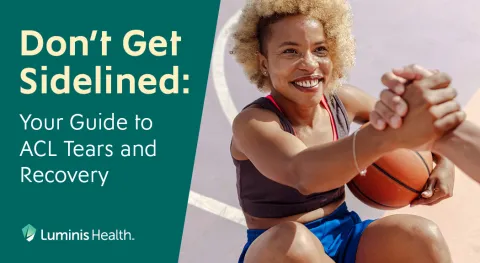We treat all types of disorders of the vestibular (balance) system. We can help improve symptoms like dizziness and vertigo with vestibular rehabilitation.
What You Should Know About Vestibular Disorders
Tiny structures in your inner ear that detect head position and movement make up your vestibular system. It also includes the nerve connecting your inner ear to the brain, and part of the brain itself.
This network helps keep you upright and enables you to sense where you are in space and see clearly when you're moving.
Some diseases and injuries can throw a wrench into your vestibular system. And the underlying problem often can't be fixed with medication or surgery.
We have physical therapists who are specially trained to help tame the debilitating effects of vestibular disorders. This means you can go back to dancing, playing tennis, attending classes or whatever else nurtures your body and soul.
Symptoms of vestibular disorders
People with vestibular disorders can experience:
- Dizziness.
- Difficulty walking.
- Sensitivity to motion.
- Trouble balancing.
- Vertigo.
Bouts of any of these symptoms can seriously disrupt your life. Activities from driving to simply standing in place can become much more difficult — even dangerous.
Staying upright may require so much physical and mental energy that you're exhausted after doing even the simplest tasks. You might also stop doing most physical activities for fear of triggering or exacerbating symptoms.
All these things can lead to loss of muscle strength and fitness as well as emotional distress.
Vestibular rehabilitation is a specialized form of physical therapy that can minimize these issues. It includes individualized techniques that train the brain to use other senses to take over for your impaired vestibular system.



